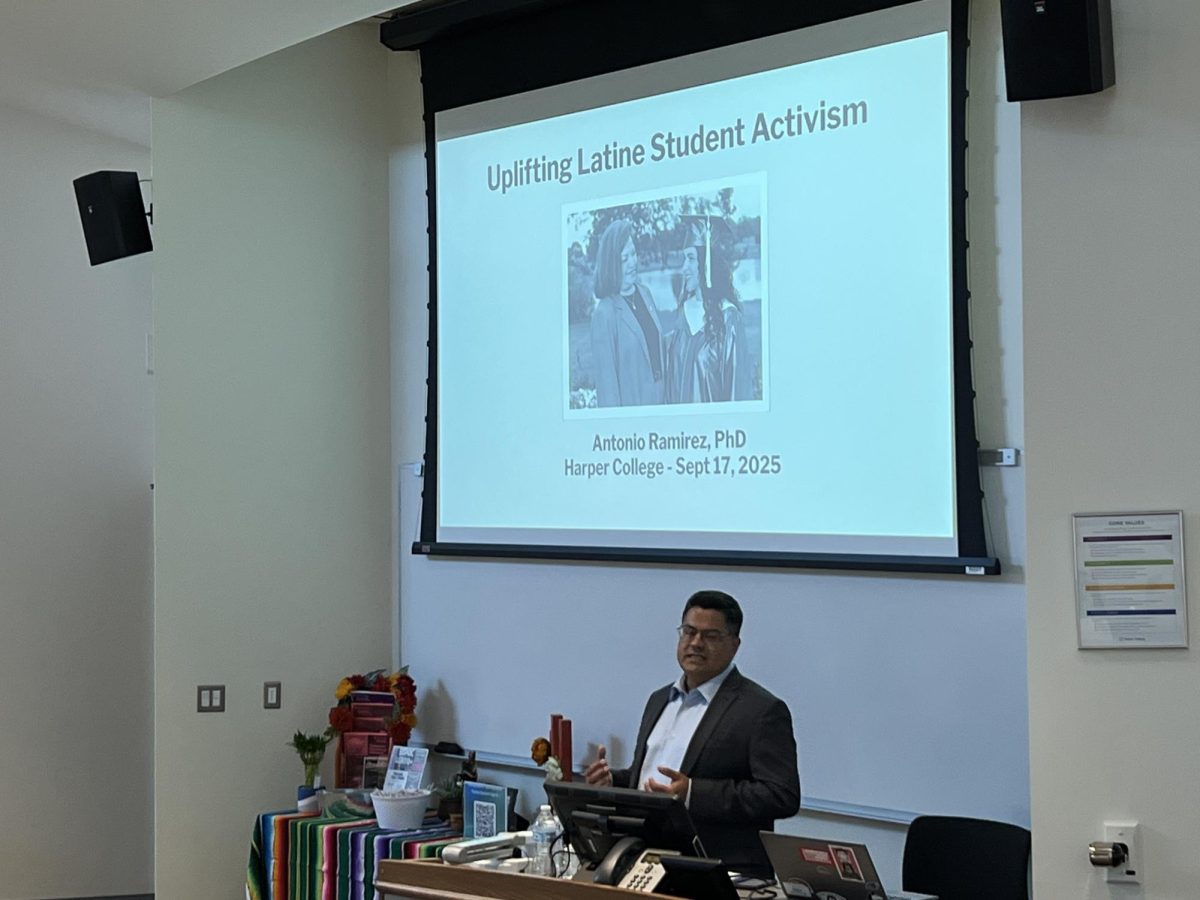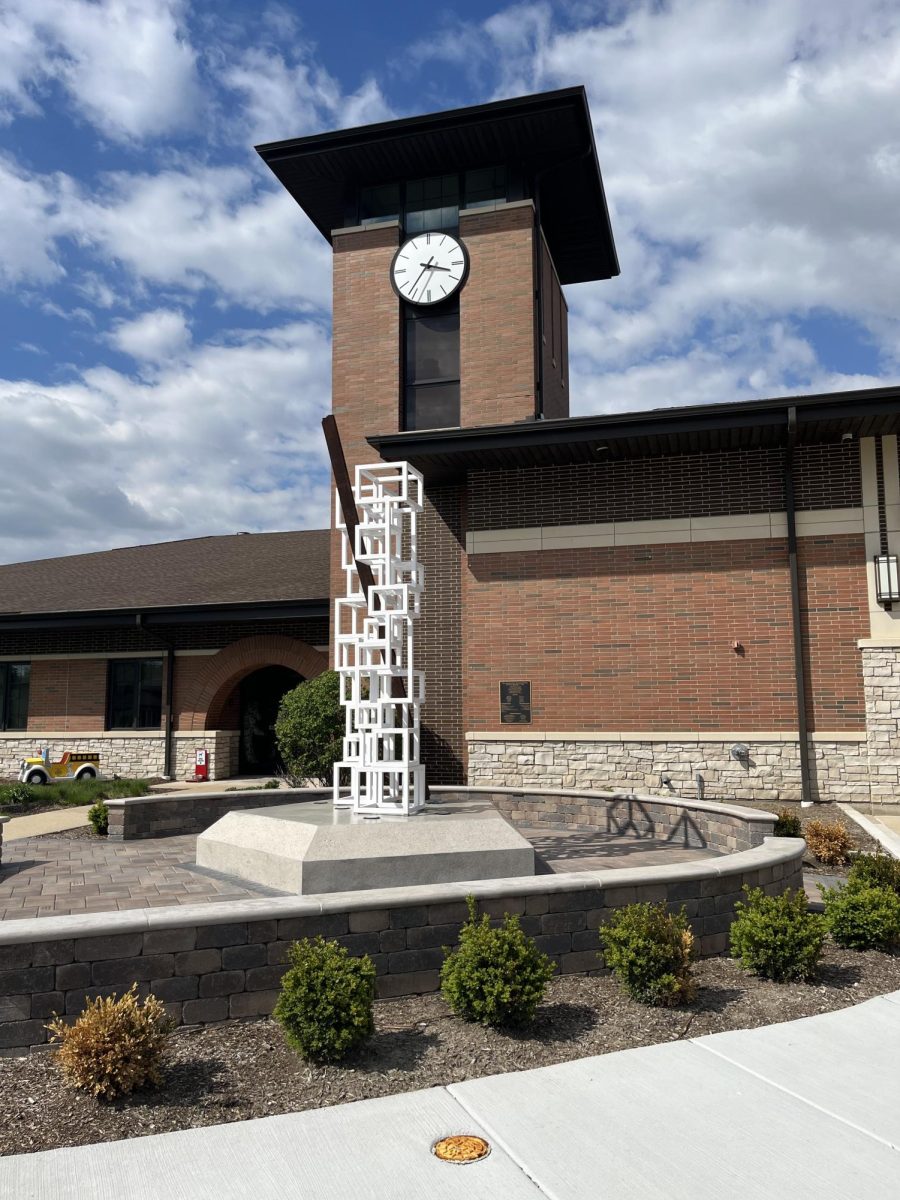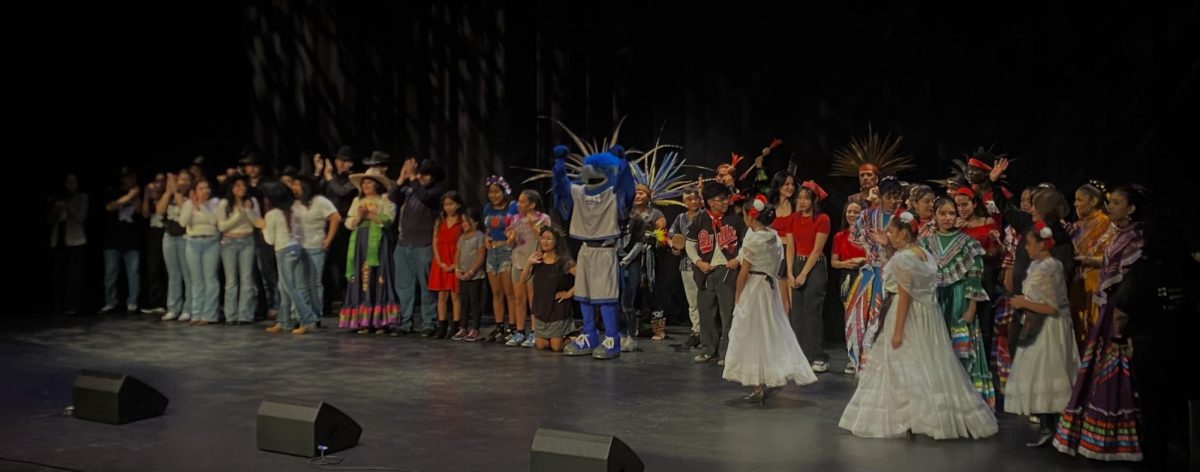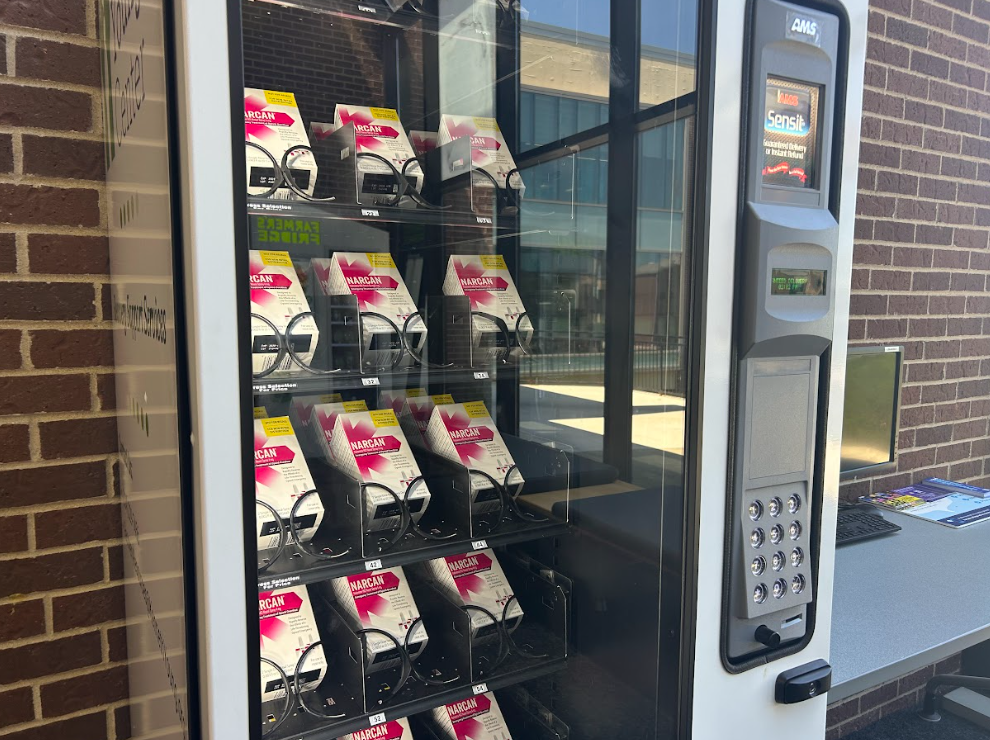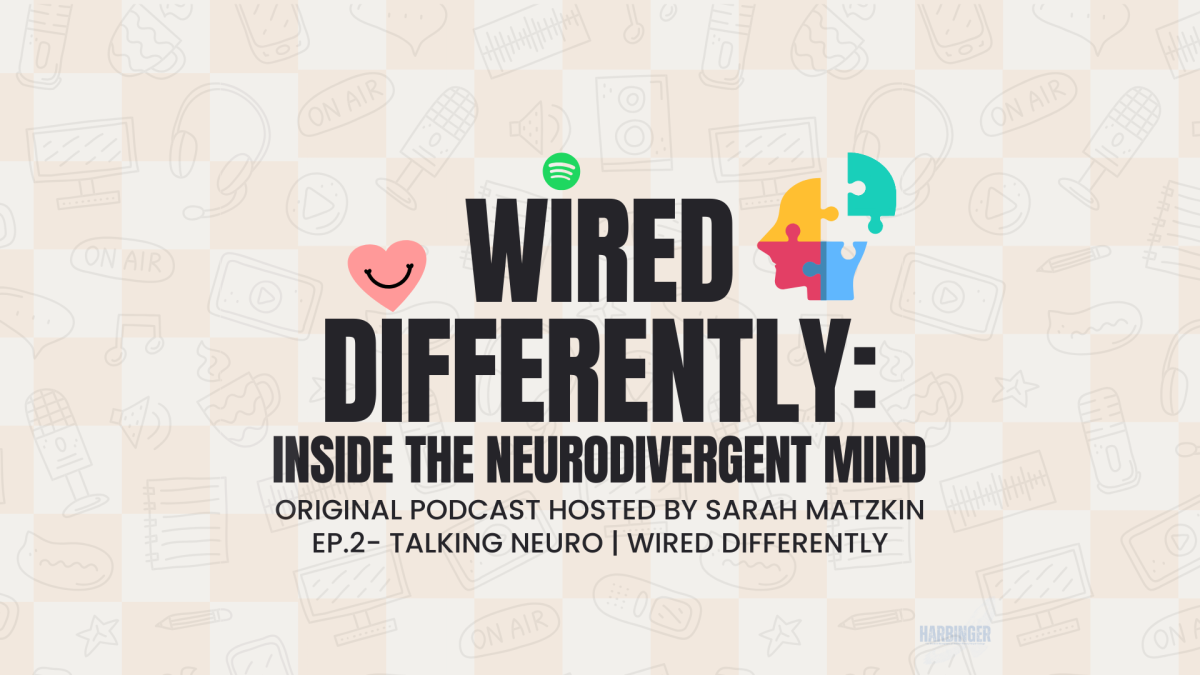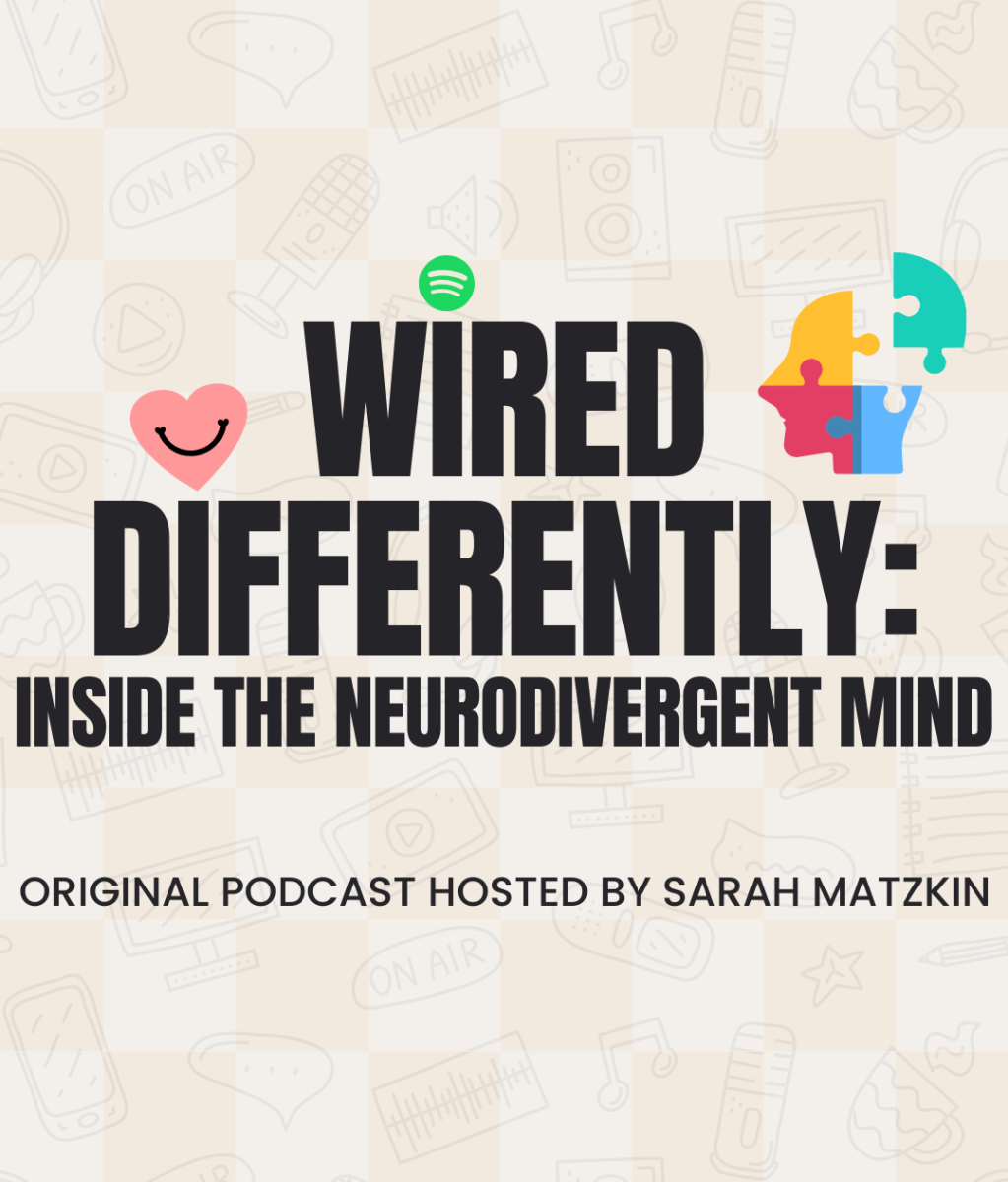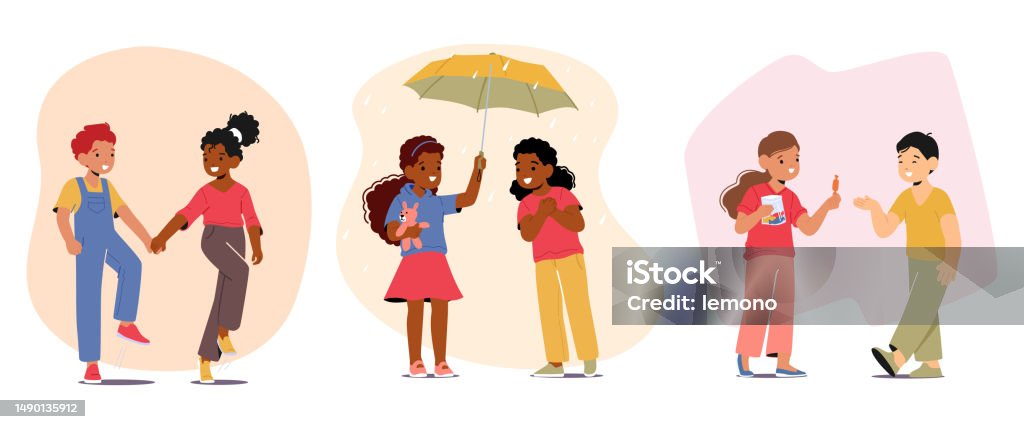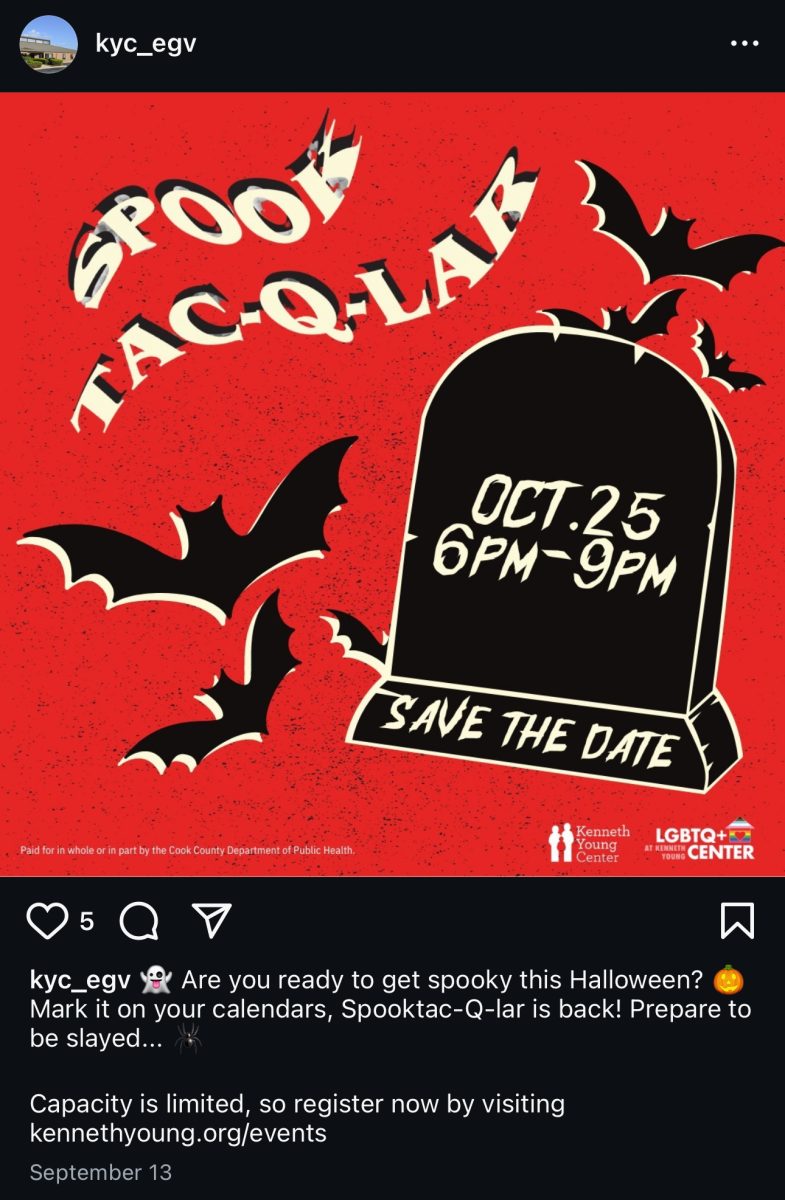During my required English composition course, the professor made a third and final attempt to find a note-taker for a student requiring a disability accommodation. That student was me. I figured that it was going to be another circumstance in which no one would volunteer. But then a single person–Makayla–raised her hand, a simple act that transformed my educational experience and personal life.
Note taking accommodations are a service provided for students with disabilities because they may struggle with taking notes during lectures. This could be for various reasons including physical, cognitive, or sensory problems that make it difficult to process what’s going on and record information at the same time. Personally, it is a combination of all three due to my learning disabilities and physical limitations.
Access to accommodations is crucial for students with disabilities as it creates an inclusive learning environment where they are able to succeed. It allows us the chance to fully participate in educational activities without the feeling of falling behind. By increasing the support around those who need it, students’ confidence is built in the classroom.
There are personal benefits to gain from volunteering as a notetaker. First, they are compensated for their time and typically earn $65 per class. Sometimes the amount is greater if the need for a note-taker becomes urgent.
According to a peer-reviewed article published in the WAC Journal, the practice of notetaking also reinforces one’s understanding and memorization of academic course material through its deep engagement with class content.
However, the most valuable benefit of becoming a note-taker is, in my experience, the opportunity to build meaningful connections. Makayla’s decision to volunteer as my note-taker not only helped me stay on top of my coursework, but also gave me an incredible friendship that I never saw coming. Her support extended far beyond academics, and she became an emotional pillar throughout my college journey.
When it comes to how professors request note-takers, there are two common methods. The first involves an in-class announcement, where the professor asks if someone would be willing to take on the role and responsibility. Personally, I like to be transparent and let the class know that I’m the one requesting the accommodation, though not all students will want to disclose that information.
The second way is through email, which allows complete anonymity for students seeking the accommodation. Sometimes these emails come directly from Harper’s Access and Disability Services (ADS) office instead of the professor.
When one agrees to become a notetaker, a link to Harper’s accommodations management system is received to officially register and start uploading their notes. This streamlined process ensures that the student in need receives timely access to the content. If you’re ever unsure whether a class requires a note-taker, you can reach out to the ADS office or ask your professor directly to see if you can help fill the gap.
I am deeply grateful to those who volunteer as note-takers. What may seem like a simple task has a tremendous academic impact on students like me, and as Makayla and I have discovered, a lasting personal impact as well.
I encourage students to consider becoming note-takers to help create a more accessible and welcoming campus community at Harper College.


